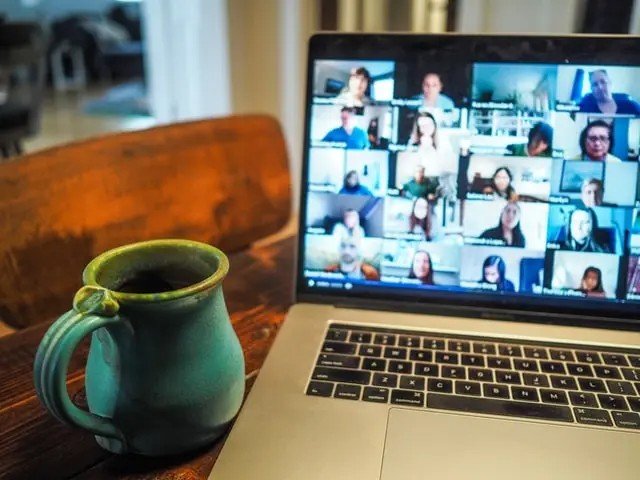Zoom Anxiety: How to Cope When You Dread the Next Video Chat
How quickly things change. A little more than a year ago, you may have been stressing over what we now distinguish as an "in-person" work meeting. What should I wear? Will I be asked to speak? Am I prepared? Today, you can have all the same questions — and more — when attending a Zoom meeting. You now have to factor in the reality of what’s missing.
In a video chat scenario, much of our non-verbal communication is decreased. In some cases, it may be completely gone. Losing access to physical cues lessens your ability to “read the room.” As a result, your anxiety is heightened.
What is Zoom Anxiety?
It starts with the reality of not being in the same space at the same time. The distance and the lack of non-verbal cues can feel nerve-wracking. It’s commonly believed that only about 15 percent of communication is verbal. Without body language, you may:
Feel the uncomfortable need to “perform”
Have a tough time following the threads of the discussion
Lose any feeling of context
It’s no wonder that “Zoom anxiety” has become a thing. Social animals are being made to figure things out when faced with a screen of pixelated boxes. In the beginning, it may have felt novel and fresh. Now, months later, it has you wallowing in a world of dread.
Practice With Friends and Family
Non-work Zoom gatherings can be stressful, too. But they rarely involve the same dynamics or structure. Therefore, it really helps to practice with friends and family. At your own pace, get comfortable with steps like:
Seeing yourself on the screen
Accepting that most people are not focused on you
Recognizing that you are far from the only person dreading the experience
You can get your most cooperative friends to role play with you. Practice work meeting scenarios and get in some reps being involved. Ask them for constructive feedback.
How to Cope When You Dread the Next Video Chat
Break things down into smaller, more manageable sections. The simplest way to do so is to see the experience as the build-up, the meeting itself, and post-meeting self-awareness.
The Build-Up
Resist the urge to fixate on the meeting for days
Only start preparing when you truly need to do so
Practice self-care: stretch, eat a light and healthy meal, drink water
Use the bathroom before the meeting begins
Get all necessary material ready and within reach
Turn off other devices or put them on silent
Check your look in the mirror and then let it go
The Meeting
Brace yourself for the inevitable early surge of anxiety
Challenge yourself to focus as much as possible on what each person is saying
Take detailed notes
You can turn off your camera when you are not speaking (if your job is okay with that)
Post-Meeting Self-Awareness
The hard work here is to cut short the tendency to immediately pick apart your performance. Stop it in its tracks by remembering that it's not a performance; it's talking with other people. Instead, aim your post-meeting focus on things like reviewing your notes or getting up to stretch and move. Don’t instantly go to your phone. Instead, after a few minutes have passed, hand-write a list of what went well and what you learned.
Your brain can be taught to store positive memories from Zoom meetings. But it can only happen if you make a conscious effort. Initially, the post-meeting phase is the most crucial. When you calm your anxiety, the meeting itself is your sole focus.
If your Zoom anxiety feels like more than you can handle, please consider anxiety therapy. Let’s connect for a confidential consultation and get the healing started.

